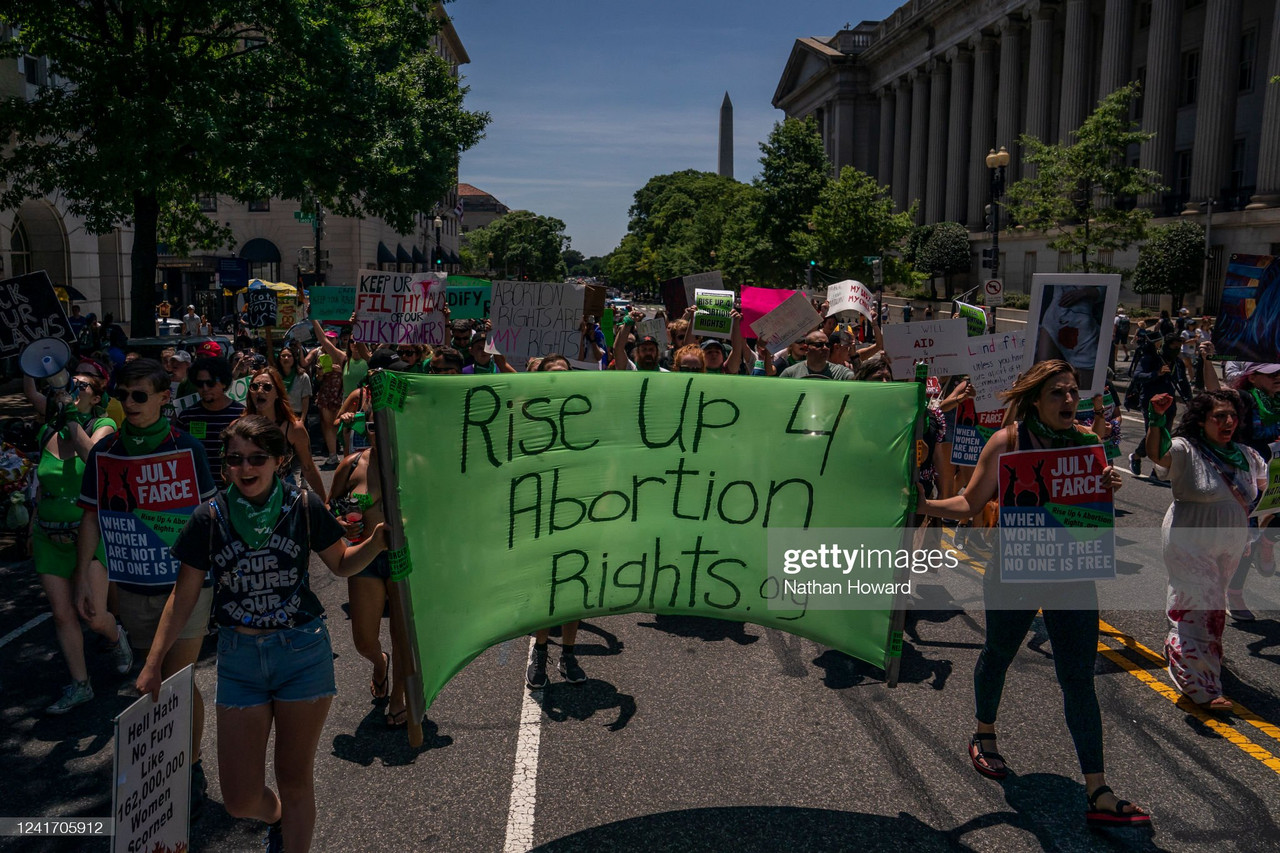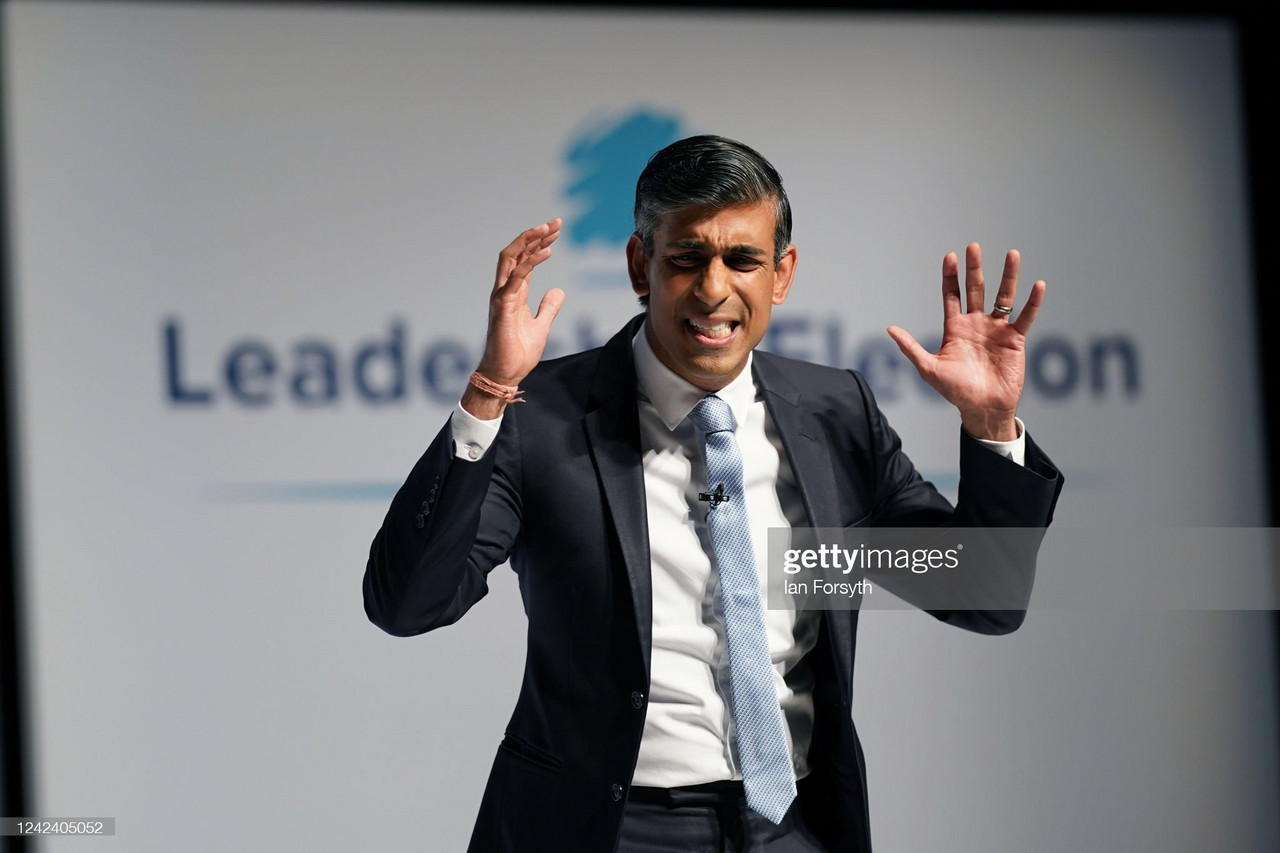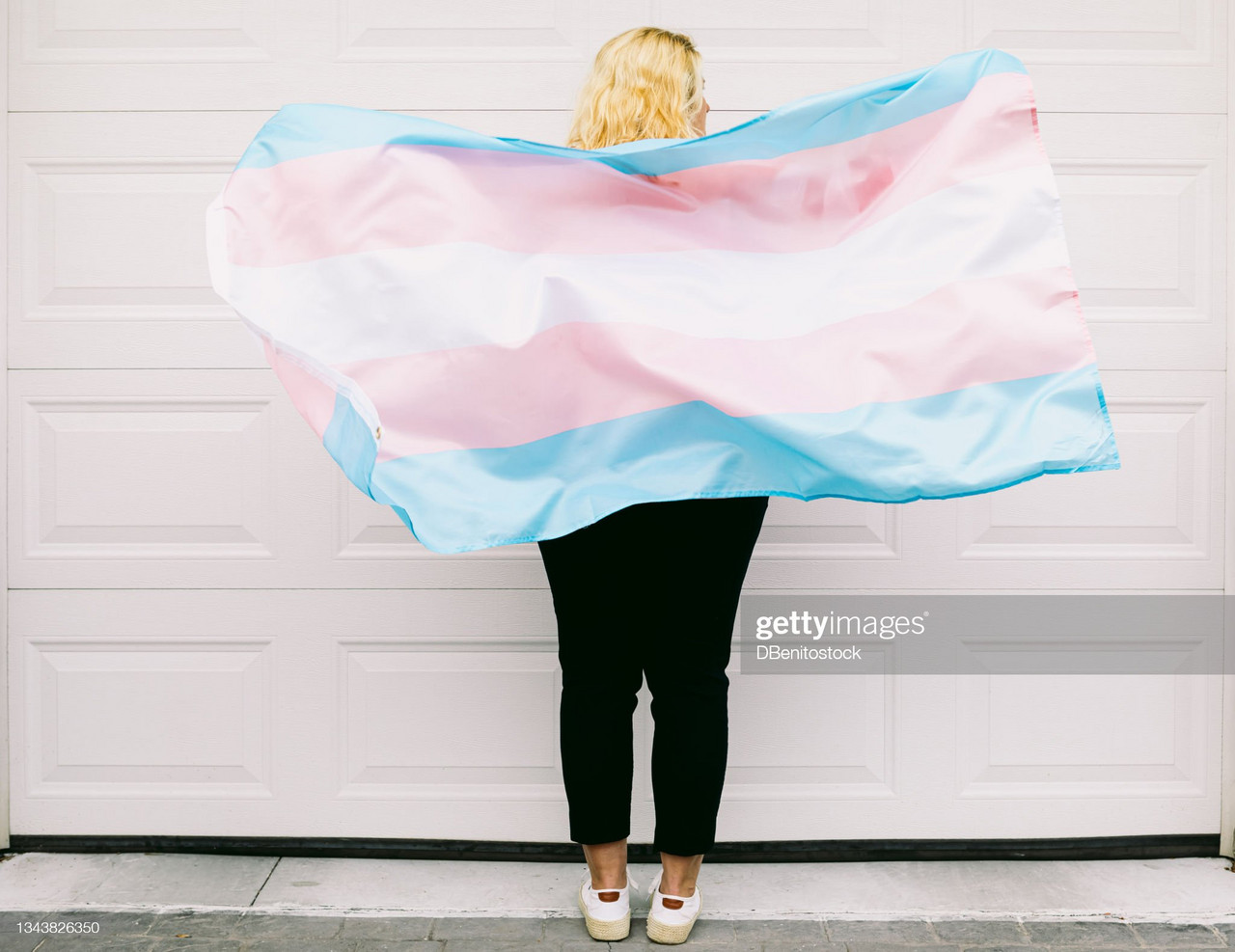
The reversal of Roe v Wade sent shockwaves throughout Western democracy. In 1973, Roe v Wade emancipated women who were crippled by America's callous abortion rules; reversing that ruling in the name of religion should not be possible in a Western democracy.
In the 1960s, Norma McCorvey – using the pseudonym Jane Roe for her own protection – fought for a woman’s right to legally abort after becoming pregnant with her third child. She filed a lawsuit against her local district attorney, Henry Wade, catalysing the empowerment of women when it came to giving birth.
The Roe v Wade decision illustrates religion’s puppeteering hand over American politics. President Joe Biden could only watch on passively as the Supreme Court – with a Republican majority – decided to overturn a woman’s right to abort.
The First Amendment states that laws should not be formed from religious foundations. While religion across the world can be a wonderful vessel for hope, kindness and togetherness, it should have no serious governance in the West.
America has always been tethered to a strong Christian bedrock. Former President Donald Trump knew this and often tried to align himself among Christians as a result.
He infamously held out the Bible in search of legitimacy when he challenged the Black Lives Matter protests in an aggressive way. There was also a hilarious video of Trump declaring that the Bible is his favourite book of all time, before refusing to discuss the holy book in any level of depth.
Ultimately, though, religion should not have such a powerful hold on a Western country’s politics. The Bible was written thousands of years ago, as was the Quran, as was almost every holy book of a mainstream religion. Society has shifted massively in the past decade so to wrap such a book in unanimous credence is tough to understand.
That is not a criticism of religious groups – not at all. Everyone should have the right to personal autonomy so if you choose to follow a sacred book then you are very welcome to do so. Religion can give your life a direction and a purpose – the importance of this cannot be understated.
Nonetheless, such liberties cannot be tampered with by a Western government. While the final decision will ultimately pass down to the individual states, it is still putting the rights of women on a chopping block. Some states will choose to vote down this overruling but many, like Texas, are expected to revert back to the rules of the past.
And many non-religious people will hide behind the mask of religion to price women out of their liberties. Private healthcare firms, who are allowed to undergo abortion treatments, will be able to ramp up their prices and those poor souls who are seeking an abortion will be the ones who lose out.
If women cannot afford their prices, they will have to seek a different solution – potentially causing them severe harm to their bodies.
World culture
It is worth mentioning that religion has a big influence on governance in other parts of the world. Many Middle Eastern countries are governed by Sharia Law, for example.
In one of these countries, Qatar – the host of the upcoming 2022 World Cup – it is illegal to openly be a part of the LGBTQ+ community. There is nothing wrong with living your life strictly through the teachings of the Sharia Law and the Quran but it is tough to understand why such rulings should be in the fabric of a country's politics.
We cannot go into the Middle East and tell countries how they should be governed but we can remember what separates the West from the Middle East: personal autonomy and freedom of expression. The Supreme Court would do well to remember that!














